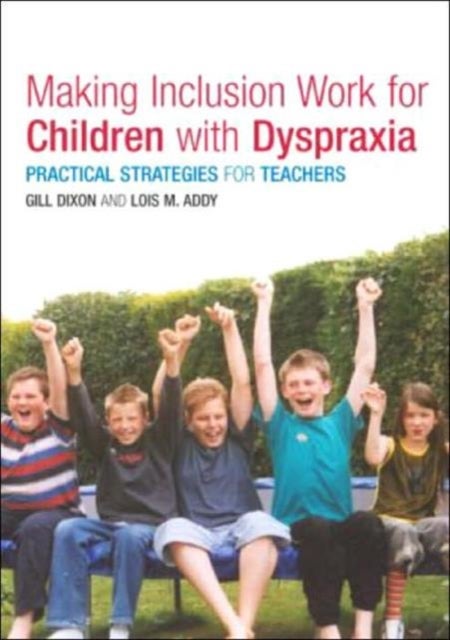
Making Inclusion Work for Children with Dyspraxia av Lois Addy, Gill Dixon
469,-
<P>Drawing on their considerable experiences of the syndrome, as well as current research findings, the authors help teachers and other education professionals to better understand the needs of a dyspraxic child. Through practical strategies, they show how teachers can make all the difference to a child''s ability to succeed in the classroom, and case studies show how parents, teachers and therapists can work together to facilitate learning.</P><P>Whilst providing a unique insight and approach to the complex condition of dyspraxia, this lively, informative text also examines specific cases and scenarios, considering the perspectives of teachers and parents. It handles a range of crucial topics such as:</P><P>* issues surrounding diagnosis<BR>* the developmental differences and characteristics of dyspraxia<BR>* conventional and alternative intervention strategies<BR>* an exploration of the pressure of families<BR>* ways of improving home/school liaison.</P><P>Teachers, SE








